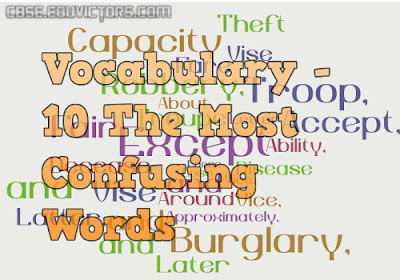Truly Beautiful Mind
NCERT Answers
Question 1: Here are some headings for paragraphs in the text. Write the number(s) of the paragraph(s) for each title against the heading. The first one is done for you.
(i) Einstein’s equation
(ii) Einstein meets his future wife
(iii) The making of a violinist
(iv) Mileva and Einstein’s mother
(v) A letter that launched the arms race
(vi) A desk drawer full of ideas
(vii) Marriage and divorce
Answer:
(i) 9
(ii) 7
(iii) 3
(iv) 10
(v) 15
(vi) 8
(vii) 11
Question 2: Who had these opinions about Einstein?
(i) He was boring.
(ii) He was stupid and would never succeed in life.
(iii) He was a freak.
Answer:
(i) Einstein’s playmates thought that he was boring.
(ii) Einstein’s headmaster thought that he was stupid and would never succeed at anything in life.
(iii) Einstein’s mother thought that he was a freak.


















